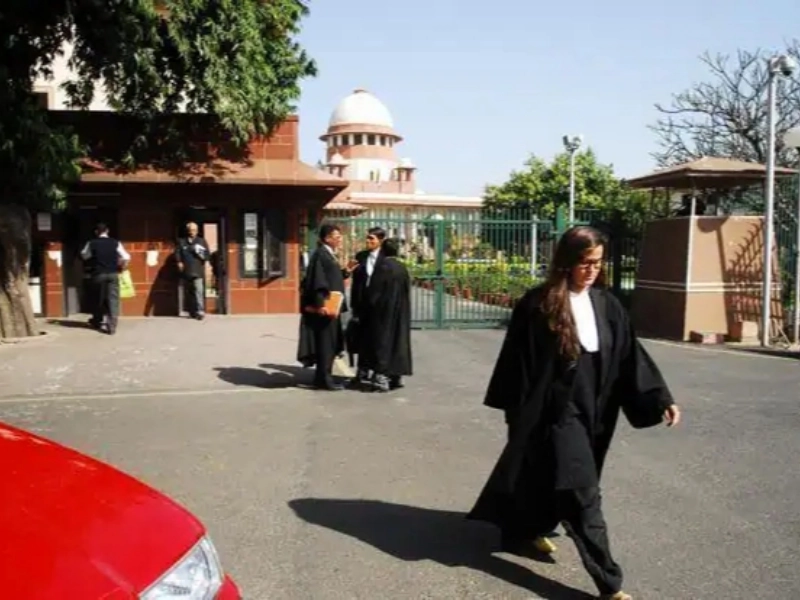A personal injury settlement negotiation is frequently a difficult procedure that involves many considerations. Along with your lawyer, you must adequately prepare for these conversations.
A thorough assessment of your damages, such as the price of your medical costs, lost wages, irreversible impairment, and pain and suffering, should be included in a well-written demand letter.

It's critical to ascertain the worth of your claim prior to beginning settlement negotiations. This entails assigning a monetary value to your lost income, medical expenses, and potential future treatment expenditures, in addition to more ethereal damages like your suffering and agony. Establishing a minimal sum that you would be willing to accept is also a smart idea, but you shouldn't tell the insurance adjuster what that amount is.
To ensure that you have the resources necessary to negotiate a settlement that accurately reflects your losses, your personal injury attorney can assist you in carrying out this comprehensive examination. The wrongdoer's culpability will also be considered in this appraisal, as it may raise the amount you receive. It's important to convey confidence to the insurance adjuster during negotiations. This will motivate them to give your case due consideration and provide you with a reasonable offer of compensation.

Every personal injury has a different set of circumstances. Every person with a comparable injury will have a different course of medical care and a varied recuperation period. This implies that you shouldn't use the average settlement amounts listed above as a guide for how much you should expect from your individual claim; rather, they are only indicative.
Being kind and persistent at the same time is important during the negotiating process. Ask the insurance adjuster when you can anticipate a response if they make a promise, and then follow up with a phone call or letter to remind them of the commitment.
Make sure to discuss how your injuries have affected you during the talks. Give precise information on the effect and be ready to present witness testimony to support your assertions. This will make it more likely that you will get a just settlement that fully makes up for the losses you suffered. With the assistance of your lawyer, you might be able to take legal action if you are unable to come to a fair agreement.

Even though it could be easy to lose your cool or grow irate throughout the negotiating process, doing so would only damage your position. Recall that the opposing side employs a group of qualified experts who handle personal injury claims (and settlements) on a regular basis.
Insurance adjusters frequently start low in the hopes that claimants will accept less than the full worth of their injuries because they want to protect their company's profits. They will also attempt to undermine the validity of your claim by refuting the facts around culpability or downplaying your level of carelessness.
Any offer that is obviously less than what you sought in your initial demand letter should be rejected. Rejecting a low offer will demonstrate to a potential buyer that you are aware of the value of your injury and that you will not accept anything less.

As for-profit enterprises, insurance firms have a strong incentive to maintain their profitability by reducing the number of settlement payments they make. They achieve this by putting out lowball offers in the hopes that the parties making the claims will take less than they merit. Even in cases where the evidence is unequivocal, they may contest responsibility facts or minimize negligence in order to refute claims of damages.
In settlement talks, skilled negotiators who specialize in personal injury cases represent the interests of their clients. They can use proof such as official documents, expert testimony, and medical records to bargain for a greater sum because they are aware of what to look for in the insurance company's offer.
They are aware that accident victims frequently have urgent financial requirements and are unable to wait for a court ruling in order to get their money. In order to guarantee that their settlement payment is received on time, they also assist their clients with the documentation and follow-up procedures that are required. This raises the possibility of a successful conclusion while assisting in lowering the stress and worry of their consumers.